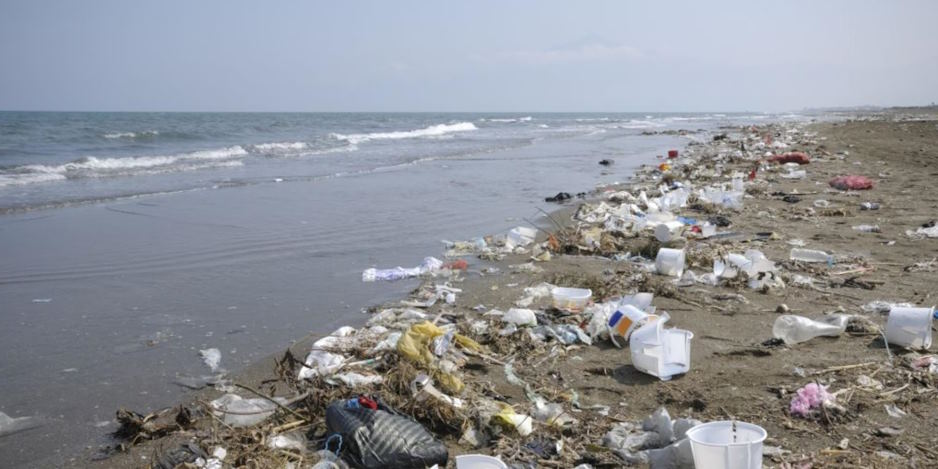Pollution is a pressing global issue affecting our planet’s health and its inhabitants. While combating pollution may seem daunting, small nations have proven that they can significantly protect the environment and promote sustainability. Despite their limited size and resources, these countries have taken bold steps to tackle pollution and implement innovative solutions. Let’s explore how small nations are leading the way in battling pollution and inspiring larger countries to take action.
Waste Management and Recycling
Small nations have implemented comprehensive waste management and recycling programs to minimize waste and promote recycling practices. For example, countries like Singapore and Luxembourg have adopted advanced waste management systems that prioritize recycling, waste-to-energy conversion, and strict regulations on waste disposal. These nations have set ambitious targets to reduce landfill waste and promote a circular economy. Small nations demonstrate the importance of responsible consumption and waste reduction by effectively managing waste.
Renewable Energy Adoption
Small nations are champions of renewable energy, utilizing their limited resources to transition away from fossil fuels. Countries like Iceland and Costa Rica have harnessed their natural assets, such as geothermal and hydroelectric power, to become leaders in renewable energy production. They have invested in infrastructure and policies that promote the use of clean energy sources. By reducing dependence on fossil fuels, these nations contribute to global efforts in mitigating air pollution and combating climate change.

Sustainable Transportation Solutions
Small nations embrace sustainable transportation solutions to reduce air pollution and promote greener mobility. For instance, the Netherlands and Denmark are renowned for their extensive cycling infrastructure, encouraging people to commute by bicycle instead of car. They have invested in bike lanes, bike-sharing programs, and public transportation systems to reduce congestion and carbon emissions. These initiatives improve air quality and promote healthier and more active lifestyles.
Conservation and Environmental Protection
Small nations often have unique ecosystems and rich biodiversity that they strive to protect. Countries like Bhutan and Seychelles have implemented strict conservation policies, establishing national parks, protected areas, and wildlife sanctuaries. They prioritize the preservation of natural habitats and work towards sustainable management of their natural resources. By safeguarding their ecosystems, small nations contribute to global biodiversity conservation efforts.
The efforts of small nations in battling pollution serve as inspiring examples for larger countries. They demonstrate that it is possible to make significant strides in environmental protection with determination, innovation, and commitment. Small nations also play a vital role in international forums and initiatives, advocating for stronger environmental regulations and encouraging global collaboration in addressing pollution.
However, the fight against pollution requires collective action and international cooperation. Therefore, larger countries and the global community need to support and learn from the experiences of small nations. By sharing knowledge, resources, and technologies, we can accelerate progress in tackling pollution and building a more sustainable future for all.


